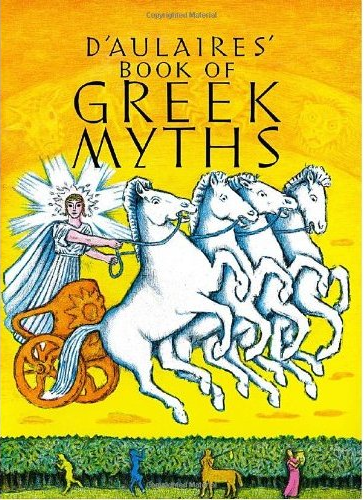Ancient Greek religious festivals, including the Olympics, spun off the Amphictyonies, or "league of neighbors." As members of this league, cities and tribes collaborated in the celebration of religious rites and the protection of certain temples.
One of the most prominent collaborations was called the Delphic Amphictyony. This alliance is credited to Amphictyon, a prehistoric hero-king of
Attica. Fable has it that he brought together twelve tribes from Hellas for the purpose of protecting the temple of Apollo at Delphi.
From Philip Myers's Ancient History:
"Another of its purposes was, by humane regulations,
to mitigate the cruelties of war. The following oath was taken by the
members of the league: "We will not destroy any Amphictyonic town, nor
cut it off from running water, in war or in peace; if any one shall do
so, we will march against him and destroy his city." This was one of the
first steps taken in the practice of international law."
While doing their bit for more humane regulations, the Amphictyons waged a number of wars on behalf of Apollo against Crissa and Cirrha, "whose
inhabitants had been guilty of annoying the pilgrims on their way to the
shrine." The Amphictyons finally leveled the towns and consecrated the land to the gods, "which meant that it was
never thereafter to be plowed or planted, or in any way devoted to
secular use."



